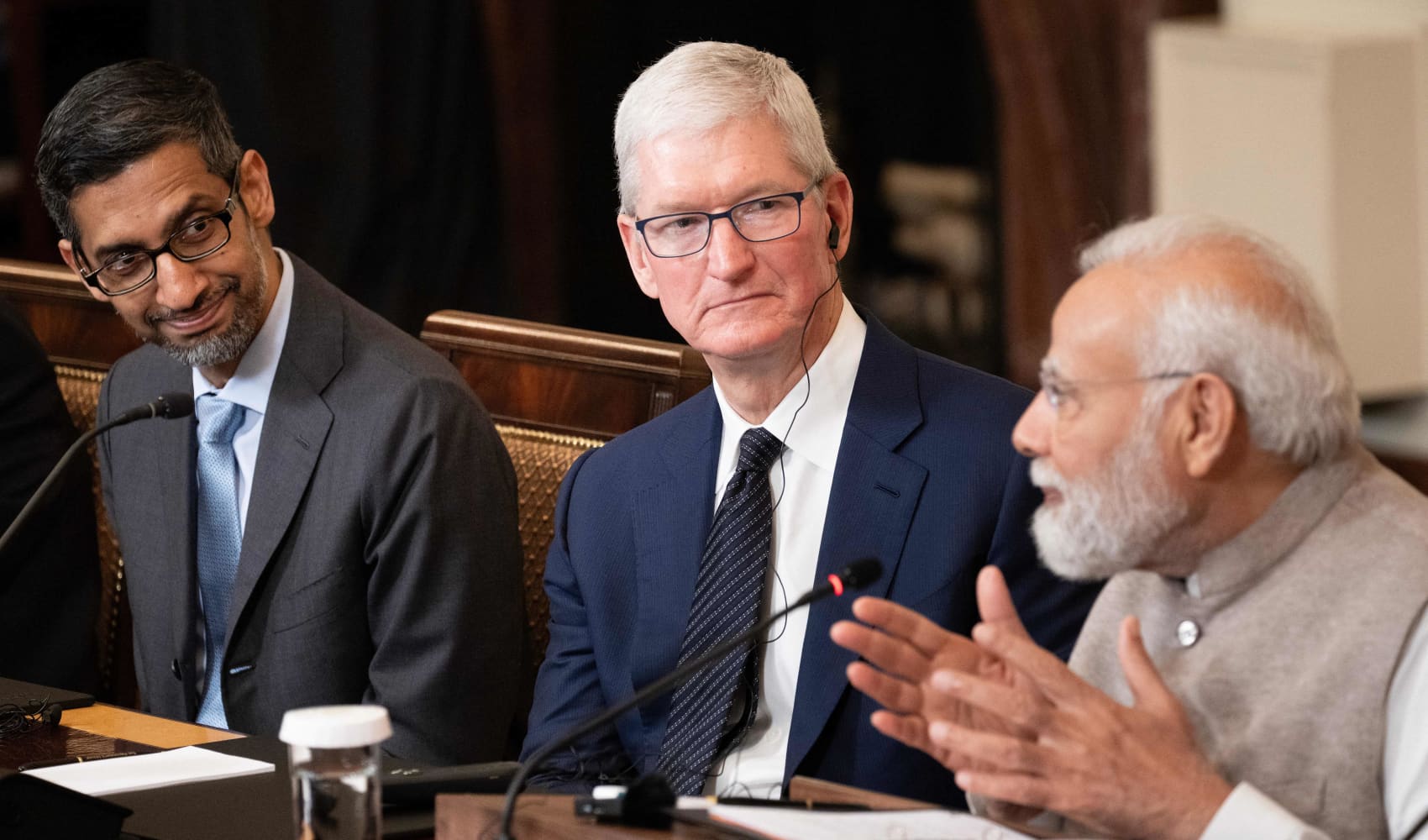
On Feb 27, the House Democrats passed a $1.9 trillion Covid relief bill and sent the legislation to the Senate.
The American Rescue Plan increases the child tax credit, provides $30 billion for emergency rental assistance, funds a third stimulus payment and extends boosted unemployment benefits. The bill also appropriates nearly $40 billion to extend the Higher Education Emergency Relief Fund, which provides support to struggling colleges and students, through September 2023. Many Americans say policies such as these are still desperately needed.
But because of a 2011 law signed by then President Barack Obama, spending increases and tax cuts that add to the deficit — including last year's CARES Act as well as this newly proposed legislation — trigger automatic spending cuts the following calendar year.
As a result, the Office of Management and Budget says origination fees on federal student loans may be modestly increased in the 2021 fiscal year because of mandatory cuts.
Get Boston local news, weather forecasts, lifestyle and entertainment stories to your inbox. Sign up for NBC Boston’s newsletters.
But when CNBC Make It spoke with experts about the potential increase, they said current and future borrowers shouldn't worry just yet.
Higher education expert Mark Kantrowitz emphasizes that federal student loan fees vary each year and are often adjusted by sequestration.
Money Report
Currently, federal student loan borrowers pay a 1.057% fee on Stafford loans and a 4.228% fee on PLUS loans (a slight reduction from the Oct. 2019-Oct. 2020 fiscal year). For example, a borrower would pay a $422.80 origination fee for a $10,000 PLUS loan.
The origination fee was originally created by the Higher Education Act of 1965 when student loans were backed by banks, as a way to offset subsidies to lenders. Today, origination fees are used as a federal budget deficit reduction tool and generate billions of dollars in revenue for the Department of Education.
But experts say it may be politically unpopular for legislators to allow a student loan fee increase to happen this year.
"A lot of people argue we should get rid of those fees because the issue is, you think you're borrowing $10,000 and then it turns out you actually owe $11,000," says Sandy Baum, senior fellow at the Urban Institute and professor emerita of economics at Skidmore College. "It would be much better to collect that money in a different way. For instance, if you know you're going to pay interest on the loan, you'd rather have a low interest rate, because at least that's transparent."
The National Association of Student Financial Aid Administrators has been "pushing for years for Congress to eliminate student loan origination fees," says Erin Powers, NASFAA's director of marketing and communications. She describes origination fees as "a hidden tax on student loan borrowers."
And Barry Anderson, who served as the deputy director of the Congressional Budget Office under President George W. Bush, tells CNBC it's likely that Republican legislators will agree to waive the cuts in order to protect funding to their priorities such as farm subsidies and defense spending.
"Predicting anything that Congress will do is difficult," says Baum. "But I would say that it just seems, given the momentum of worry about student debt borrowers, it's hard to believe that they would let [a student loan fee increase] happen."
Under the Congressional Budget and Impoundment Control Act of 1974, lawmakers are supposed to approve a budget, including origination fee rates, for the following fiscal year by Apr 15.
Don't miss:
- The student debt forgiveness debate highlights the racial gap in what borrowers owe
- Just 13% of college students believe student debt forgiveness will actually happen
- The student debt forgiveness debate highlights the racial gap in what borrowers owe
Check out: The best credit cards for building credit of 2021






